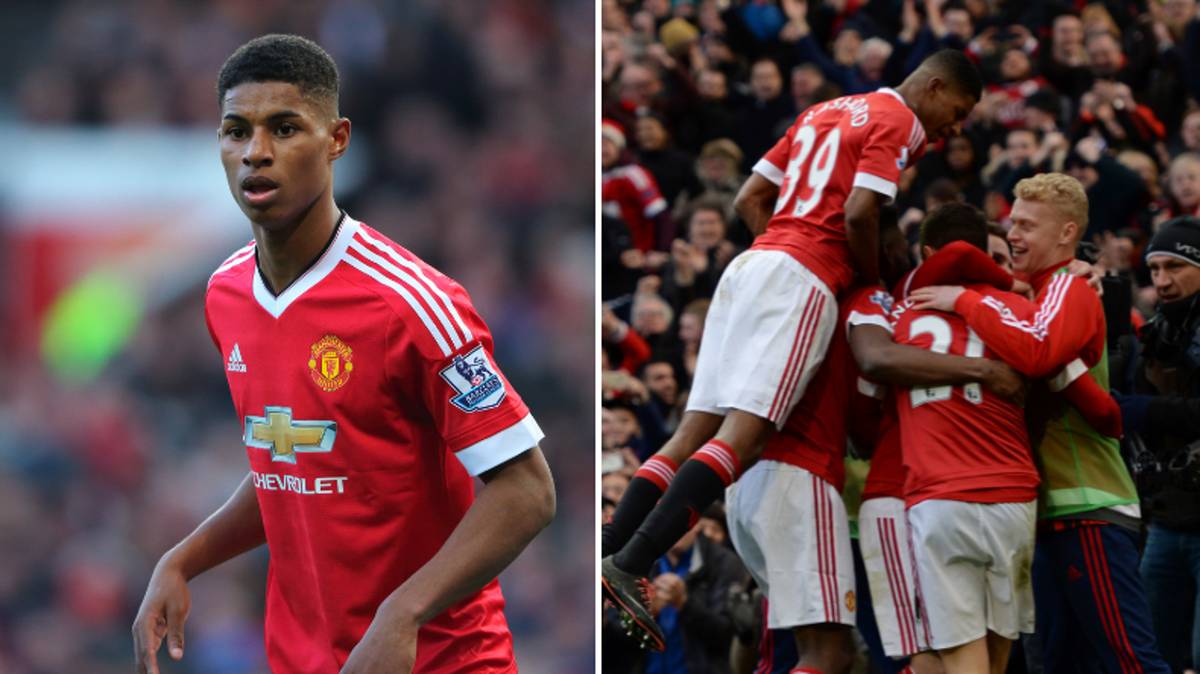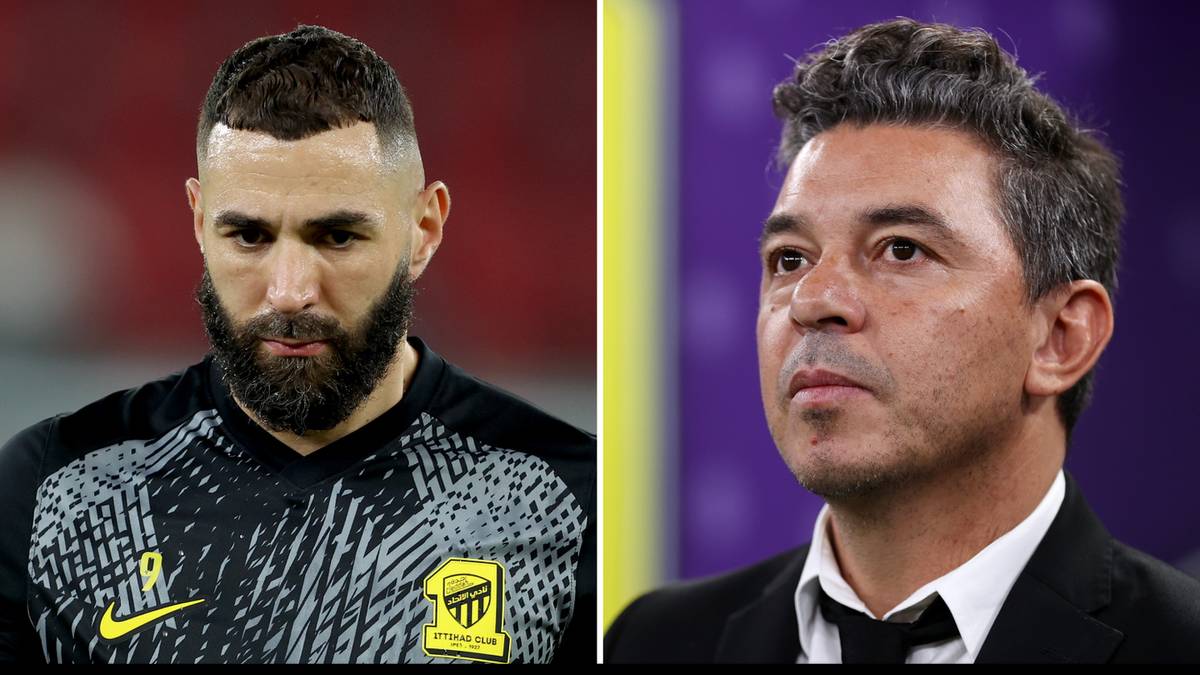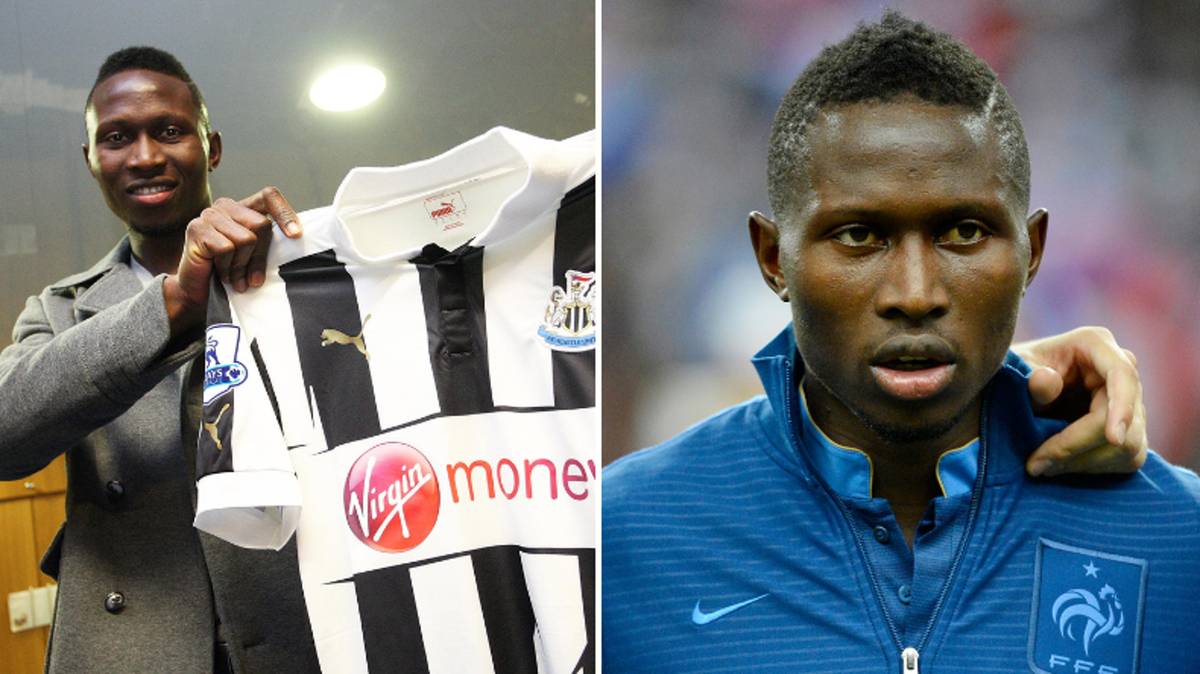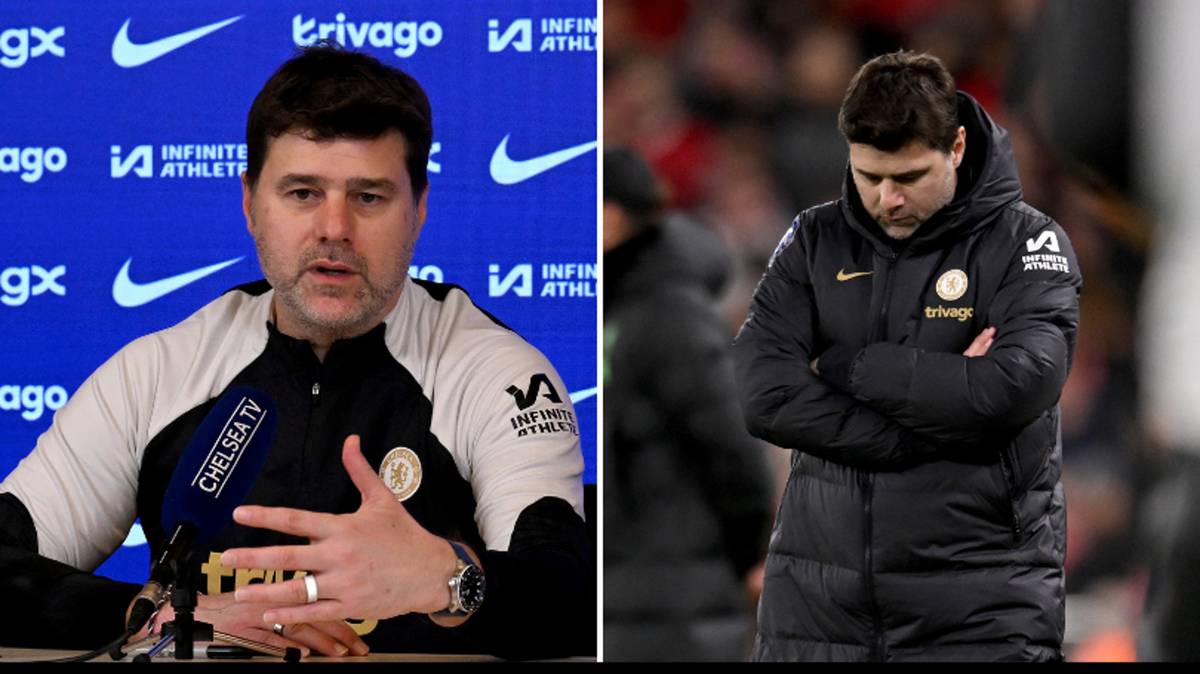
What better way to return to the Gambling Times than to discuss a story that emerged over the Easter weekend that surely stands as one of the most heinous footballing crimes of our time….
As we saw last year with Piegate, we are all aware that sometimes rules can have unintended consequences, often creating ridiculous outcomes by applying in situations where the original rule-makers surely didn’t intend them to apply. It is an easy trap to fall into; the decision makers create a rule with perfectly good logic and intentions, but they fail to consider every single possible application of their rule – a not unreasonable failure by most standards (especially, some would say by the standards of a football governing body!).
Accrington Stanley Football Club and the English Football League found themselves in just this sort of mess last weekend. No longer is the national fan-base wondering just who Accrington Stanley are.
This slightly comical story has come about as a result of the owner of Accrington Stanley, Andy Hall, having an informal policy of footing the bill for the players’ meals at McDonalds (or similar) when they win, with the players paying for themselves when they lose. The usual bill comes it at just shy of £200, according to Mr Hall’s twitter feed, and it goes without saying that this “benefit in kind” was not written into the players’ contracts (although perhaps I should start demanding this be included in future contract negotiations!).
As there was no clause in the players’ contracts (I’m imagining something along the lines of “In the event of the Team winning a Match, the Player shall receive a Big Mac Meal. Should the Player score a goal during such Match, the Player shall receive an additional portion of Chicken Nuggets”) this informal policy is in clear breach of the EFL Regulations.
EFL Regulation 61.6 clearly states that “full details of all payments to or benefits paid in cash or in kind on behalf of players,…, must be included in the Standard Contract”. There is no doubt that, technically, having a policy such as the one Mr Hall introduced is a breach of the EFL Regulations as it is a benefit in kind which is not included in the players’ contracts. Further, with the rule as it currently stands, the EFL faced no choice but to take action once they became aware of the policy, or else they would have risked criticism from rival clubs who have been sanctioned for similar offences.
We can all see the noble intentions behind this rule, and those intentions are certainly not to catch the owner of a League 2 club who decides to incentivise his players further in their aim of winning a match by rewarding them with a McDonalds (if one can call it a reward!). It seems highly unlikely to me that a group of professional football players who are chasing promotion and seeking to better themselves and their careers would see the offer of a McDonalds as the little edge they need to push themselves that bit further. Indeed, I would imagine that a significant number of the more ambitious players decline the McDonalds offer in favour of something slightly more nutritious for their post-match meal!
The more obvious intention of the rule is to stop situations such as rich owner X, whose team stand to benefit from team Y winning, going to his friend who happens to own team Y and offering to buy the players of team Y a Porsche each if they win. Clearly this is an example of behaviour that we do not want to see in our national game, and it worth legislating against.
Whilst the Accrington Stanley situation may not have been exactly what the rule was made for, or if it is, it is certainly at the low extreme of the spectrum, Accrington Stanley could still face potential sanctions. However, as Mr Hall has alluded to on twitter, it appears a slap on the wrist is most likely outcome, with the whole scenario providing a useful reminder to owners that no benefits, McDonalds or otherwise, can be given to players unless they are written into the player’s contracts.
As for McDonalds, will their marketing team be taking advantage of this opportunity and sponsoring Stanley next season – making the joyous memories of that milk advert pale into insignificance? Place your bets.
Frankly, they ought to, which would make for a rather fitting denouement to this wonderful tale.



